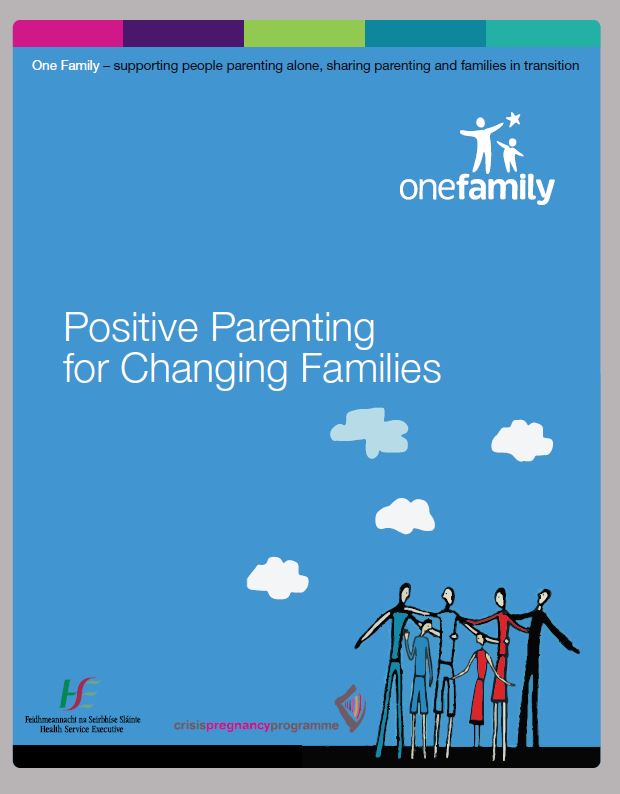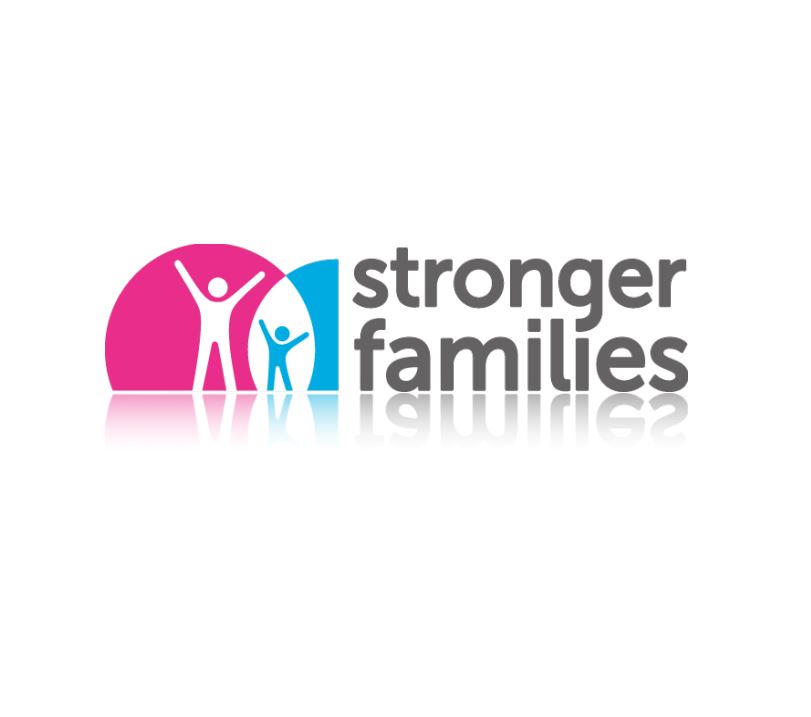Parenting | Your newly confident five-year-old
 It is amazing to look back after your child’s first year in school and see how they have grown in confidence. However, along with this new found confidence comes a good dose of cheekiness. They have truly found their voice and will no longer conform. Now, when you ask them to tidy their room you may get a very clear, “No, I am busy!”. When you ask them not to strangle their younger sibling they reply, “They hit me first!”.
It is amazing to look back after your child’s first year in school and see how they have grown in confidence. However, along with this new found confidence comes a good dose of cheekiness. They have truly found their voice and will no longer conform. Now, when you ask them to tidy their room you may get a very clear, “No, I am busy!”. When you ask them not to strangle their younger sibling they reply, “They hit me first!”.
You might be relieved that they are getting school holidays, presuming that it is the influence of bold children in school that has turned them into somewhat of a naughty terror. However, it may not be fair to blame the influence of other children; your five-year-old has had ten months of daily mingling with the world and they have realised that they can do things for themselves. Every day they have been encouraged to sort things out for themselves in the classroom and in the yard. They have watched and they have learned. They have discovered they can survive without their parents with them all the time. They are strong, they have skills and, for sure, have their voices that we hear loud and clear at home.
Children should have the safety of home to say no, to test the boundaries and to stand up for themselves. As parents our role is to help them understand the rules of play, of negotiation and respect for others, including their parents.
Here are some tips to help you get started over the summer months:
- Welcome your child’s new found confidence. Tell them how great it is to hear them voice their thoughts.
- Talk with them about how they can say what they are thinking in a respectful way.
- Help them to figure out ways of dealing with anger that doesn’t inflict hurt on others.
- Ask them what rules they think should be in place in the house. Get them to help you write down some house rules that all the family can stick to.
- Talk with them about how confidence is a good thing, how we all need to say no at times and how this has created positive change in the world. Maybe you can think of some local heroes or ones from fiction or history to help children see how this is a talent they are developing and one they should use wisely.
- Talk with children about negotiation. We don’t always want to do what we are asked to do, and neither do they, so encourage them to negotiate with you to reach agreements.
- Help your child to understand that families and community, just like in the classroom, need co-operation. If we can all agree to do something, even if we don’t particularly like doing it, then we can move onto something more enjoyable.
- Stay calm when your child shouts demands at you. If you get into a shouting match with them they will win because you will feel guilty later. Tell them, in a calm voice, that you need to move away until they are ready to talk. Acknowledge that they are angry or upset, or whatever emotion it is you detect. Never ignore their emotions. When they calm down, thank them for doing that and start over. No sulking!
- Every time your child uses their talents, tell them how great it is to be developing these skills. Our job is to sand off the rough edges of these skills. Support and encourage them. You want strong and vibrant children.
- Look after yourself. Give yourself some break time so that you will have the patience to parent. This way you can support your child to gain control of all these skills and talents that are emerging.
This ’10 Ways to’ article is by One Family’s Director of Children & Parenting Services, Geraldine Kelly, as part of our weekly ’10 Ways to’ series of parenting tips. You can read the full series here.
Find out more about our parenting skills programmes and parent supports. For support and information on these or any related topics, call askonefamily on lo-call 1890 66 22 12 or on 01 662 9212.

 One Family is offering a unique opportunity to avail of free professional development training which normally costs €400.
One Family is offering a unique opportunity to avail of free professional development training which normally costs €400.




